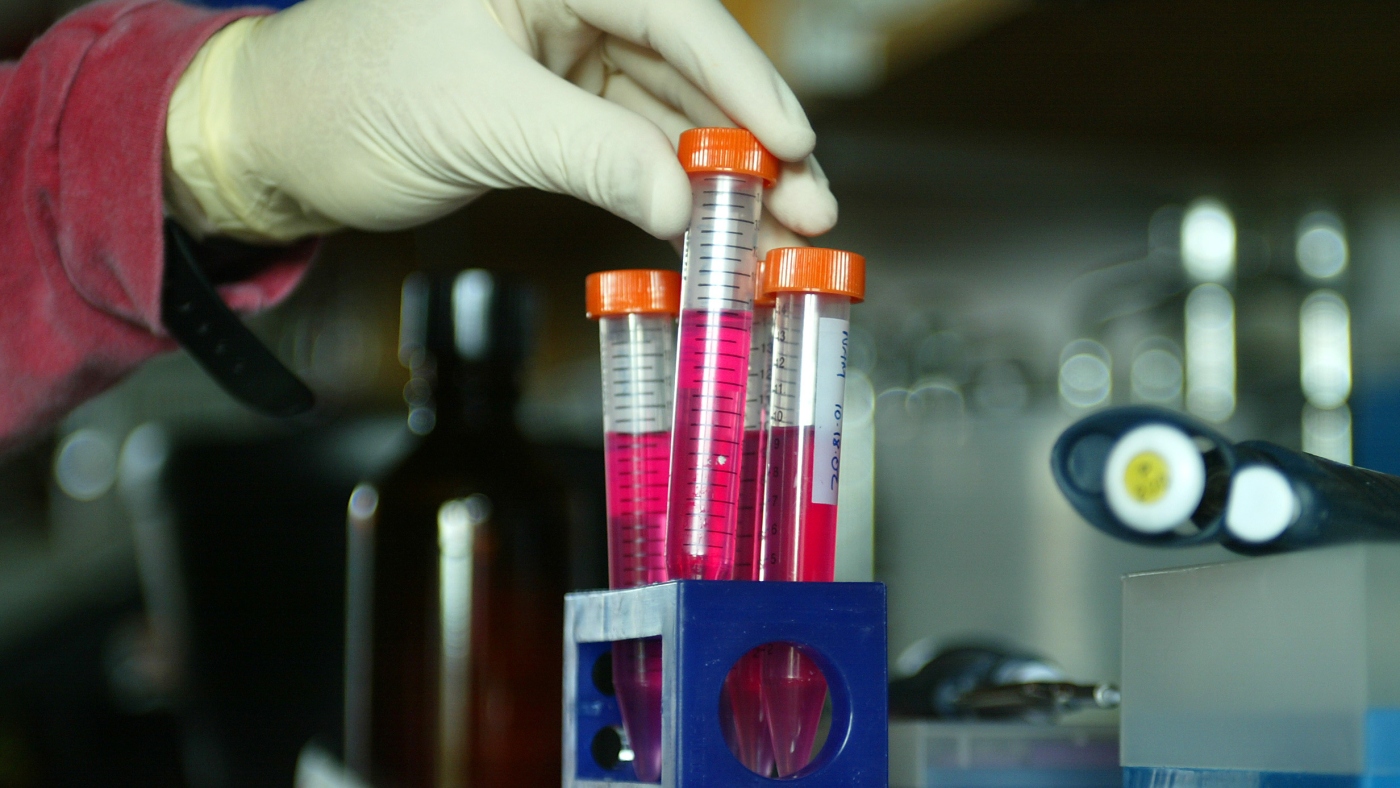Terror in Academia: Harvard Scientist's Colleague Reveals Chilling ICE Crackdown on Foreign Researchers

A prominent Harvard scientist finds herself caught in a complex immigration challenge that is sending ripples through the academic community. Kseniia Petrova has been detained by U.S. Immigration and Customs Enforcement (ICE) for nearly two months, a situation that is prompting serious reflection among international researchers about the potential risks of pursuing scientific work in the United States.
Leon Peshkin, a colleague and friend of Petrova, has been vocal about the potential chilling effect this case might have on global scientific collaboration. The prolonged detention has raised concerns about the broader implications for international scholars and the potential brain drain that could result from such challenging immigration experiences.
The case highlights the delicate balance between national security protocols and the open, collaborative nature of scientific research. As academic institutions and researchers watch Petrova's situation unfold, many are questioning the potential long-term consequences for international scientific recruitment and collaboration.
